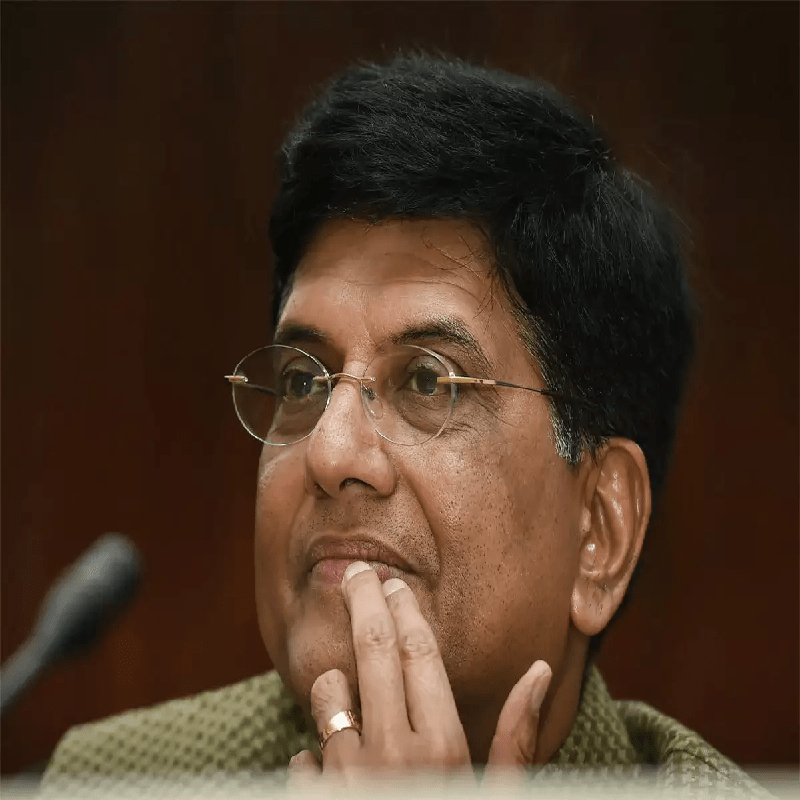India’s prominent information technology (IT) firms including TCS, Infosys and Tech Mahindra have told the government that doing business in China is not easy. In a significant development ahead of a key meeting of trade ministers to finalise the Regional Comprehensive Economic Partnership (RCEP) agreement, the IT firms conveyed to commerce and industry minister PiyushGoyal that China’s restrictive business visa regime, statutory compliance costs and high taxes are a huge hindrance for Indian companies looking to invest there. “They have highlighted that a 5% return on investment does not make it lucrative to invest in China,” said an official, who was present at the meeting that Goyal had with the companies on Wednesday.
The meeting was attended by senior managers of TCS, Satyam Venture Engineering Services, HCL, NIIT Tech, Infosys, Invento Robotics, Tech Mahindra and Wipro, as well as representatives of Services Export Promotion Council and industry lobby Nasscom. The companies flagged the issue of high taxes in China, where various levies on provident fund, medical, pension and unemployment add up to a staggering 44%. Moreover, China restricts movement of professionals inside the country and gives provincial visas for business travellers which impacts intra-province visits. “Our services people sitting in one province can’t go to other provinces. Also, Chinese companies are state-owned enterprises and the facilities offered to them are not available to the foreign companies,” said an industry representative who attended the meeting.
Companies are asked to open physical entities along with bank accounts in every province they operate in, said the representative. The IT firms also raised the issue of withholding tax wherein Chinese subsidiaries of Indian firms withhold 15% of the invoice amount and remit only 85% to the Indian parent. As per estimates, bigger IT firms employ around 12,000 people in China and 90% of these are locals. The meeting came amid pressure on India to conclude the RCEP this year, even though many member countries have not offered concessions on computer-related or information technology services and simpler cross-border movement of professionals.
The 16-member RCEP grouping had earlier rejected India’s proposal for a visa fee waiver on a common reciprocal basis, and an RCEP Business Travel Card aimed at facilitating liberal movement of professionals and tourists in the region owing to their fears over migration and loss of jobs. Goyal had a similar meeting with manufacturers, exporters and importers on Wednesday to discuss ways to increase goods exports to China and the US. “The minister urged India’s IT services companies to explore other markets and not be inhibited in operating in countries that are non-English speaking…to create a corpus that will be spent on training manpower in languages like Mandarin, Japanese and Korean for accessing the markets in these countries,” the ministry said in a statement on Thursday. RCEP is a proposed regional economic integration agreement among the 10 Asean countries and its six free-trade agreement partners — Australia, New Zealand, Japan, China, South Korea and India.

